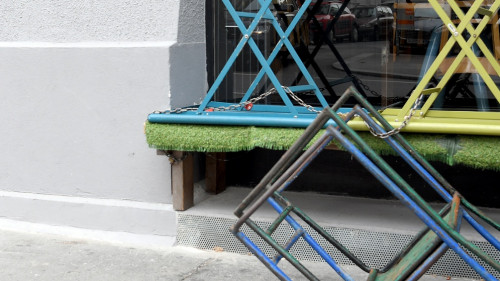Project Coordinator Lars Hein participated in a radio interview with the Austrian radio station ORF, discussing how Europe will ramp up the economy post COVID-19's economic fallout. The focus of the interview is the economic value of ecosystems, especially in relation with the pandemic.
Read the English translation of the interview below:
Scientists argue that the economic value of ecosystems should be calculated so that another argument is available for protecting it, including by the business community and legislation. Lars Hein, Professor at the Wageningen University, Netherlands researches the value of ecosystems for people and the relationship between ecology and economy. He was involved in the development of the UN System of Environmental Economic Accounting.
“In some cases, what nature does for us is very concrete. It supplies us with products such as wood or fish. In other cases, this is more difficult to assess, for example when it comes to maintaining the fertility of the soil or the availability of water. For example, if we think of pollination by insects, that is quite difficult to measure. But if one does not measure the value of nature's services, then it is also very difficult to assess what the consequences of ecological changes are for the economy.”
The Netherlands are among the pioneers in computing the value of nature. An example of a question that has been examined is: which plants depend on pollination and how to evaluate the contribution of bees?
“You can calculate the monetary value of the contribution of pollination to the economy. Of course, this requires a lot of data. For this purpose, detailed maps of landscape and farmers’ fields are created. Small landscape elements that are important for the pollinators are recorded. In our accounts in the Netherlands, models that show which orchards are pollinated by which insects and which bushes these insects come from are modelled in great detail. We also model how this increases crop productivity (of course not all crops require insect pollination). With this we can determine a monetary value, so that we know how much the production of the crop (e.g. fruit) would decrease if we lose our pollination. It's a considerable amount. According to Hein's research that was conducted jointly with Statistics Netherlands, the loss would be 360 million euros per year, compared to a situation without pollination by bees and bumblebees.”

Check out the current state of natural capital accounting in 10 European countries through the MAIA fact sheets.

